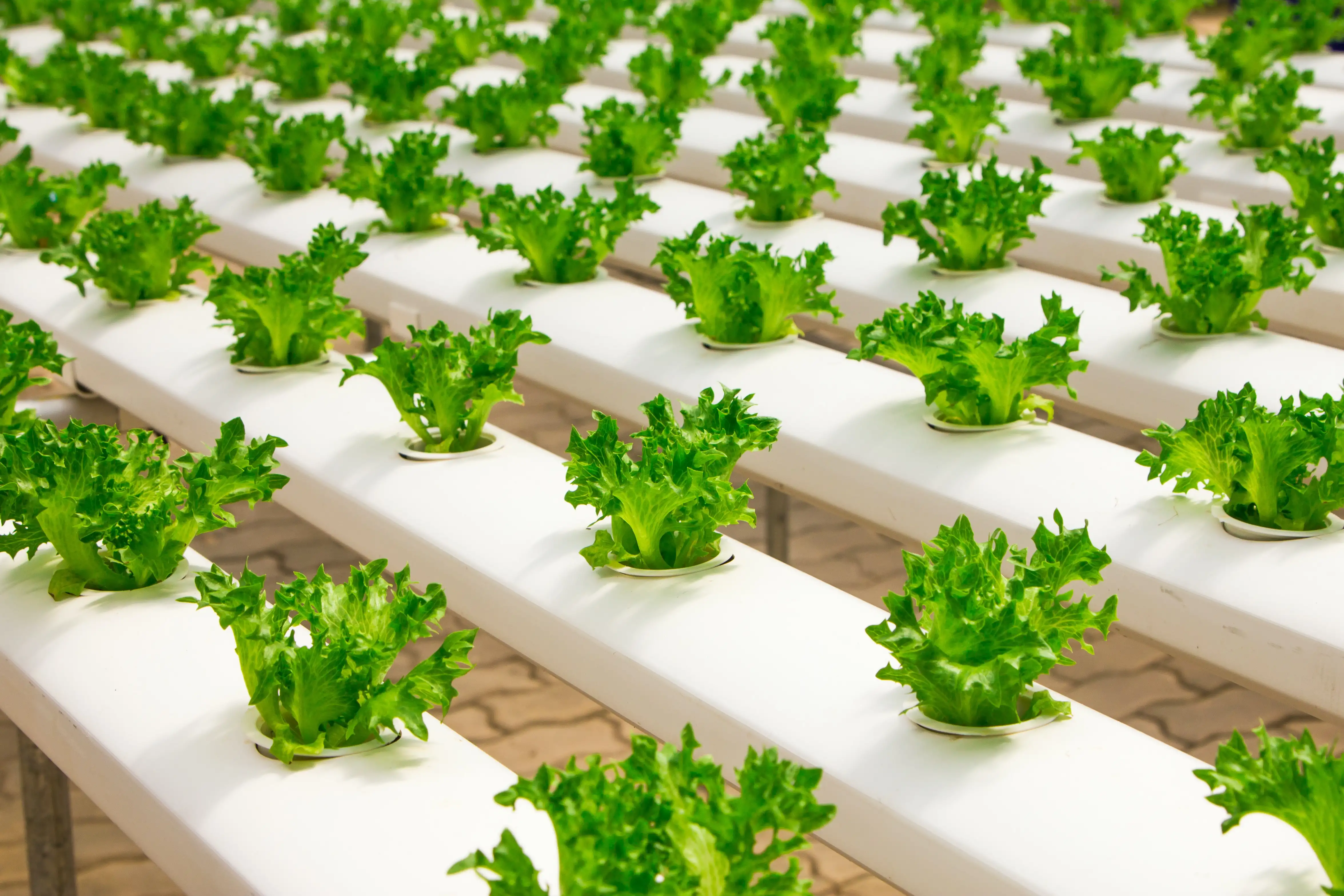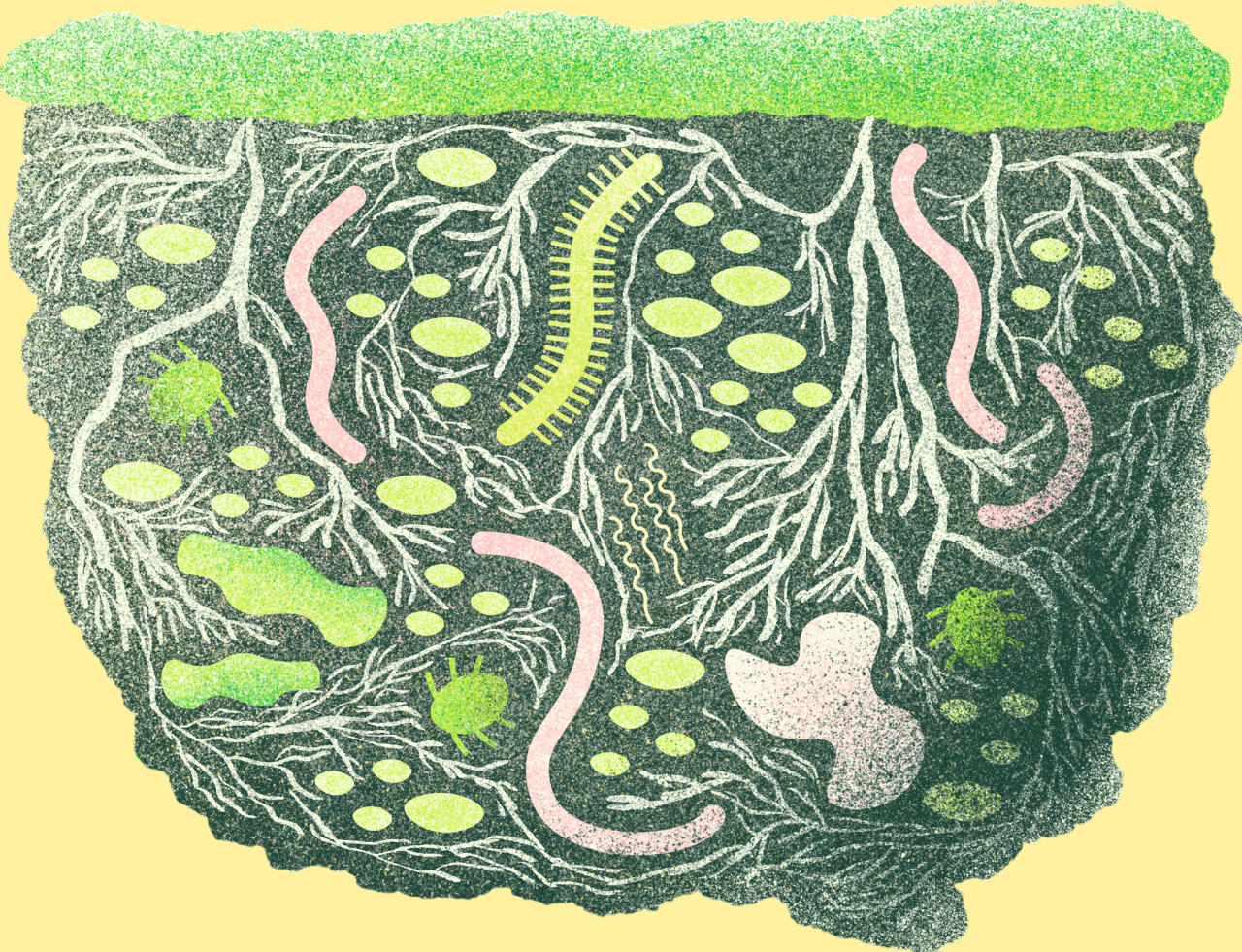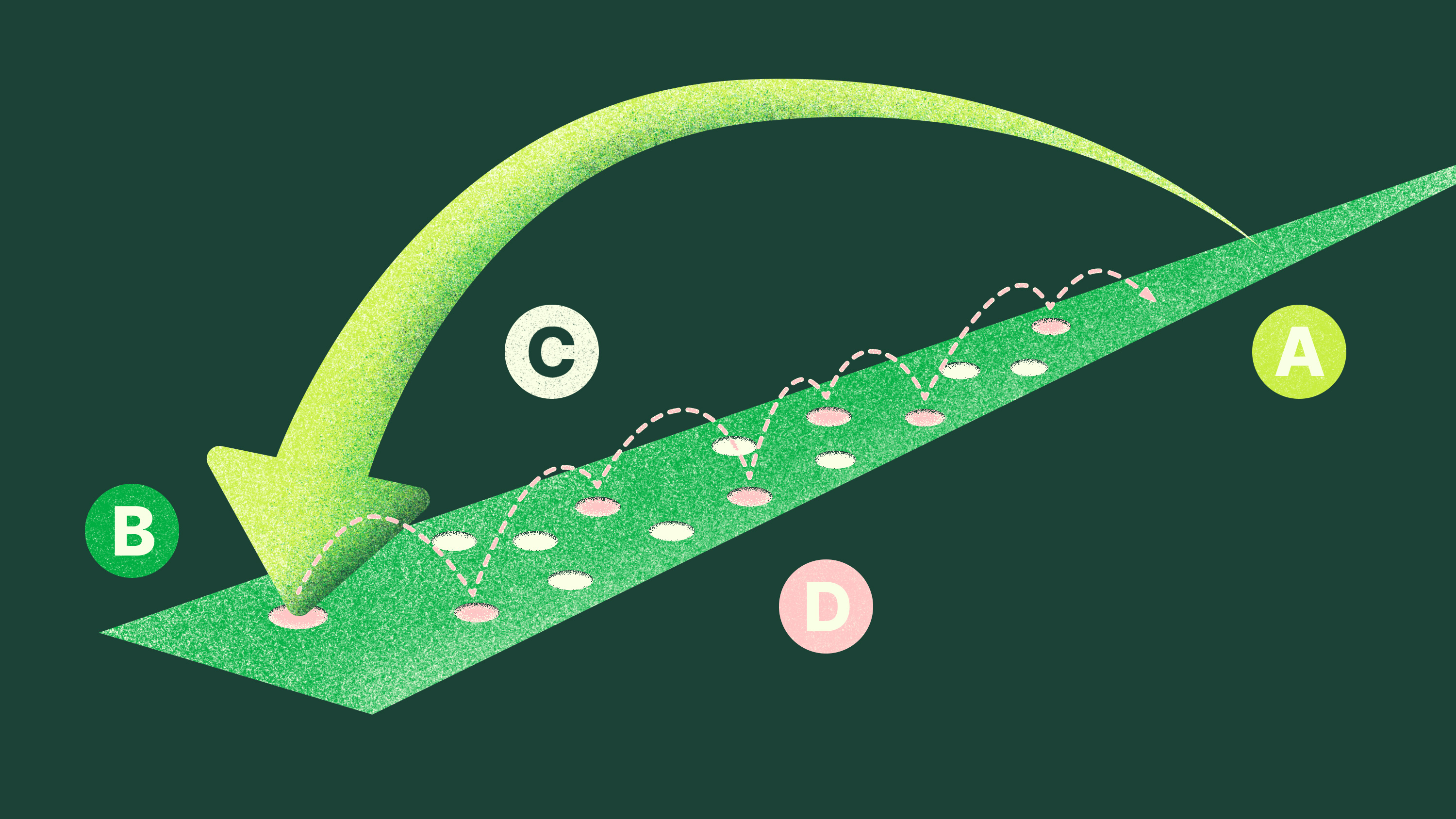
Twenty quarters of value-creating growth
This year marks five years since we launched the Re:food partnership, building on a decade of experience investing in the green transformation of agrifood. Our journey began with early bets on Swedish pioneers like Oatly and Nick’s. Since 2020, we’ve expanded internationally, backing both B2B and B2C ventures across Europe and the US that are driving real change in how food is produced, consumed, and valued. At first, we were stage agnostic and have done a few venture stage investments, but since 2023 we are growth equity investors.
Closing the books on 2024 gave us a moment to reflect. Despite a tough climate for agrifood investment, our portfolio companies have sixfolded their revenue while expanding gross margins by over 1500 basis points. That’s twenty consecutive quarters of value-creating growth, proof that agrifood companies can be high-performing, aside from creating transformative impact.
Our portfolio companies have sixfolded their revenue while expanding gross margins by over 1500 basis points.
.png)
Yet, agrifood remains severely underfunded. This sector sustains all life and drives 12% of global GDP, but lags far behind in capital allocation. We believe this mismatch represents one of the most overlooked opportunities in the investment landscape today.
At Re:food, we see powerful signals that the agrifood system is becoming increasingly investable:
- Company valuations are fair
- Regulatory and consumer tailwinds are strengthening
- Technologies that once seemed far off are scaling up and driving cost-efficiency
- And most importantly, the need for change is undeniable; You cannot negotiate with Mother Earth
One of our core values is ‘positive’. We’re optimistic that more investors will recognize this moment for what it is: a chance to back a better food system that delivers both financial returns and planetary resilience. The transformation is not only necessary. It’s investable.



